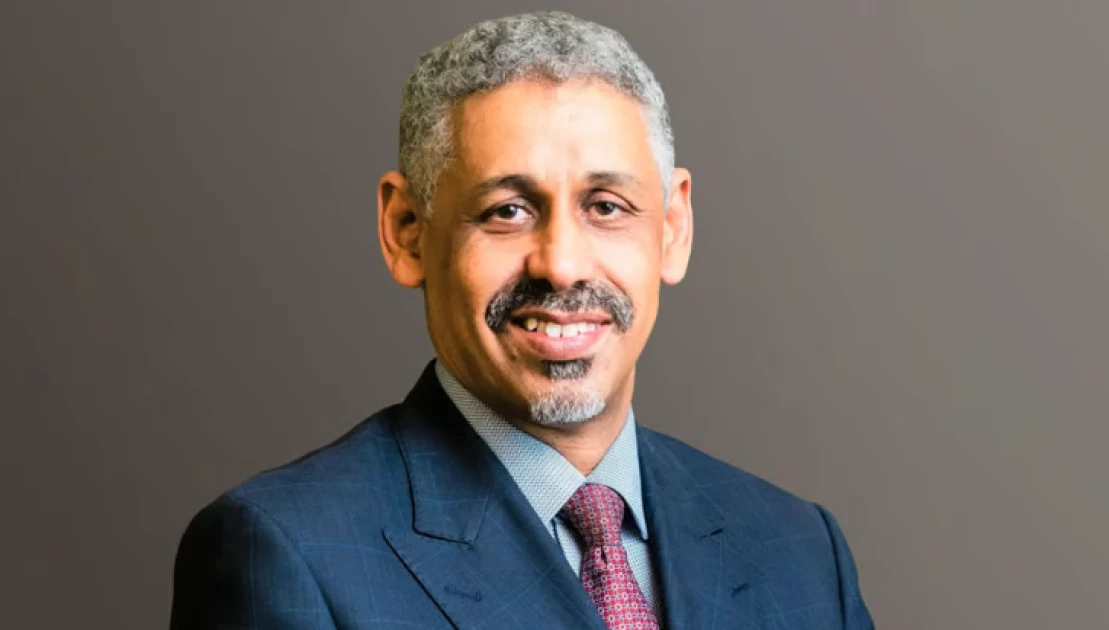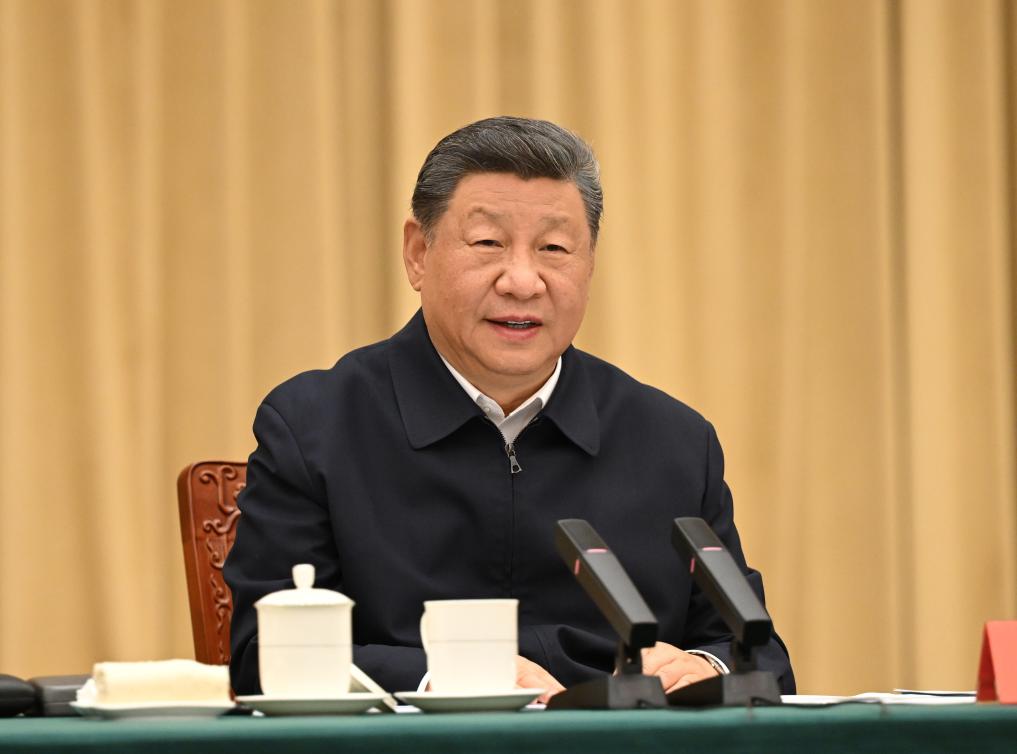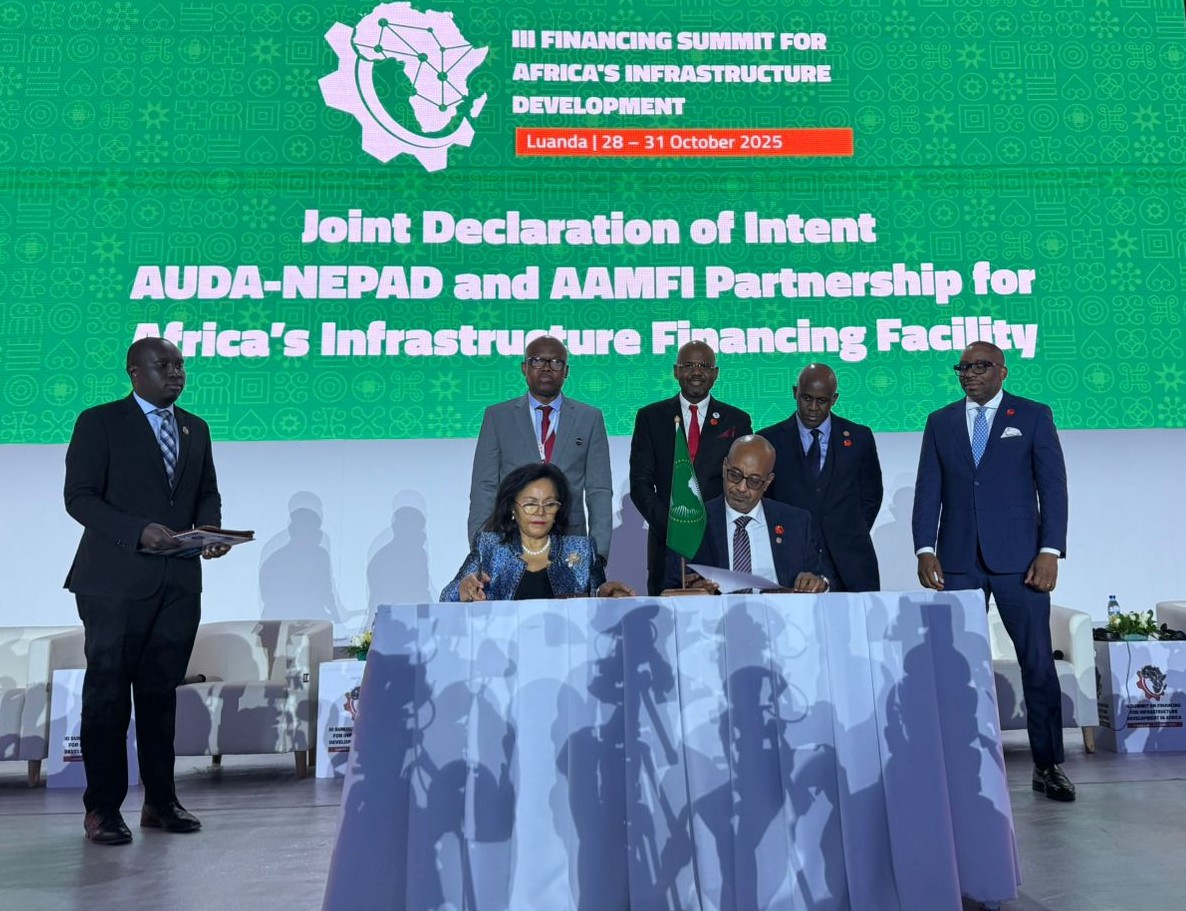Mauritanian Sidi Ould Tah was elected Thursday as president of the African Development Bank (AfDB) during the 60th annual meetings of the African banking institution currently taking place at its headquarters in Abidjan, economic capital of Cote d’Ivoire.
According to a statement from the AfDB, Tah won after three rounds of voting with 76.18 percent of the votes, defeating Zambian Samuel Maimbo (20.26 percent) and Senegalese Amadou Hott (3.55 percent).
Two other candidates, Chadian Abbas Mahamat Tolli and South African Bajabulile Swazi Tshabalala, were also in the race.
Tah was elected by the bank’s Board of Governors, which is composed of finance and economy ministers or central bank governors from the 81 member countries of the bank group, both regional and non-regional.
The Board of Governors is the highest decision-making body of the AfDB. The elected candidate needed to secure at least 50.01 percent of the votes both regionally and non-regionally.
Tah has over 35 years of experience in African and international finance.
A former minister of economy and finance of Mauritania, he has held senior positions in multilateral institutions and led operations related to crisis response, financial reform, and innovative resource mobilization for Africa.
He also served as president of the Arab Bank for Economic Development in Africa (BADEA) for ten years starting in 2015.
“Let’s get to work now, I am ready,” said the elected president, addressing the bank group’s governors and the media shortly after voting results were announced.
Tah will assume office on Sept. 1 for a five-year term, succeeding the current president, Akinwumi Adesina.
The 2025 annual meetings of the bank group, held under the theme “Making Africa’s Capital Work Better for Africa’s Development,” began on Monday and will end on Friday.
Shareholder countries of the AfDB comprise 54 African countries that are called regional member countries, and 27 non-African countries known as non-regional member countries. Enditem
Source: Xinhua
Share Us



